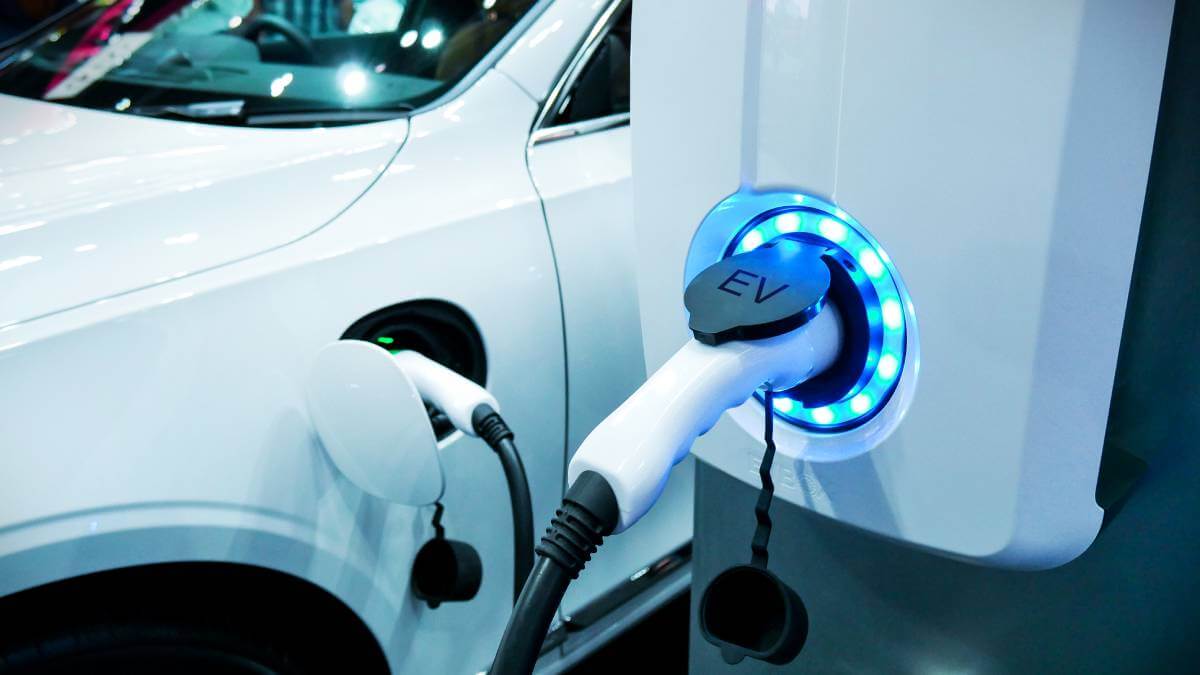One of the challenges about deciding to go electric is just how much money you might save. And if your maths skills are anything like ours, it’s almost impossible to calculate.
Fortunately, there’s a new online tool that calculates just how much swapping from your current petrol, diesel or hybrid vehicle will save you.
The electric vehicle savings calculator (access it here) has been launched by Macquarie Bank and it gives motorists the opportunity to compare estimated financial costs and emissions reductions between traditional internal combustion-engined cars and EVs.
Do your homework
It isn’t foolproof, however. Quite a few current cars are not on the database, due to insufficient data, and you’ll need to do some homework to input such details as annual insurance fees, registration fees and servicing.
You can even input any available state and federal government subsidies to get a comprehensive comparison.
Naturally, some variables are unavoidable, such as the future price of petrol (or diesel) fuel and electricity prices.
As we all know, the upfront cost of an EV is usually higher than an equivalent petrol, diesel or hybrid car. However, EVs are generally cheaper to run because electricity costs less than petrol or diesel, and electric vehicles have fewer moving parts than internal combustion engines and so require less maintenance.
Pair your EV with solar
If you can pair your EV with rooftop solar and household charging, even more savings can be made. It is estimated that EV running costs can be as low as 60 cents per 100km and up to 93 percent cheaper than petrol cars.
The Macquarie calculator even tells you just how long it will take for you to break even. The comparison we carried out pitted a Mercedes-Benz A-Class against a Tesla3 and the calculator estimated that the break-even point would be reached in 10.4 years. We applied the same insurance, registration, roadside assistance, maintenance, repairs and service costs to each vehicle, which may have skewed the results a little.
The calculator came up with total savings of $8174 (not including the car price or any government rebates) and a reduction in emissions of 4.62 tonnes.
Would you consider an EV? Would these figures change your mind? Why not share your thoughts in the comments section below?
Also read: Electric vehicle fire risk may force insurers to lift premiums
Paul Murrell is a motoring writer and creator of seniordriveraus.com, which specialises in “car advice for people whose age and IQ are both over 50”.


In 10 years the Tesla will need a new set of batteries- if not before then. Batteries cost between a third and a half the car value. Doesn’t add up to me.
I totally agree with you. Even the cost of electricity is going up at ridiculous rates. It definitely is not worth it. Will insurance premiums skyrocket as the lithium batteries are dangerous in our climate.
The Mercedes Benz A class is not typical of the genre of vehicles that is a mass market car in Australia. Look more at the Camry and Mazda 3 price range. Suddenly there is often a greater than $15,000 impost for the equivalent EV. For most people that represents greater than 10 years of petrol or more for diesel.
The differences in non-scheduled service costs certainly go against the EVs here. There are many parts of all cars, regardless of power source that are common and fail. A trap that many of the EV proponents are in danger of falling into is the myth of zero maintenance. All vehicles should have someone familiar with them perform and detailed examination on at least an annual frequency. Steering, transmission, drive train and suspension are present in all vehicles and all are subject to wear with use and deterioration with age. As many EVs are significantly heavier than similar class ICE vehicles, this aspects may well wear at a greater rate.
The depreciation of the EVs will be extremely great especially once they are out of Warranty as the battery packs have a very finite life and may fail spectacularly without warning.
There will be a point when the EVs represent a significant proportion of the vehicles on the road that the Federal Government will notice their drop in revenue from the fuel excise and will apply a correcting charge against all EVs and from then on the savings of electricity against petrol and diesel will be taken away.
In reality, the EV gives no environmental saving over the ICE vehicle and there is no compelling reason to take that step for most people.
When you take in the cost of installing solar to charge your ev it will not come out cheaper to run an ev.